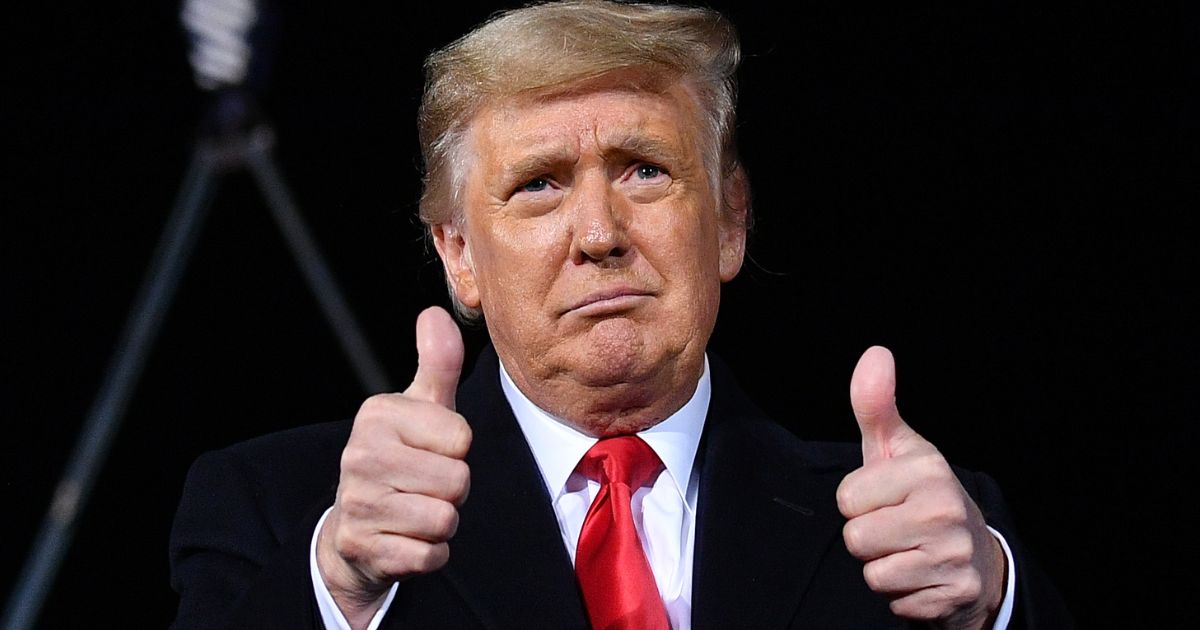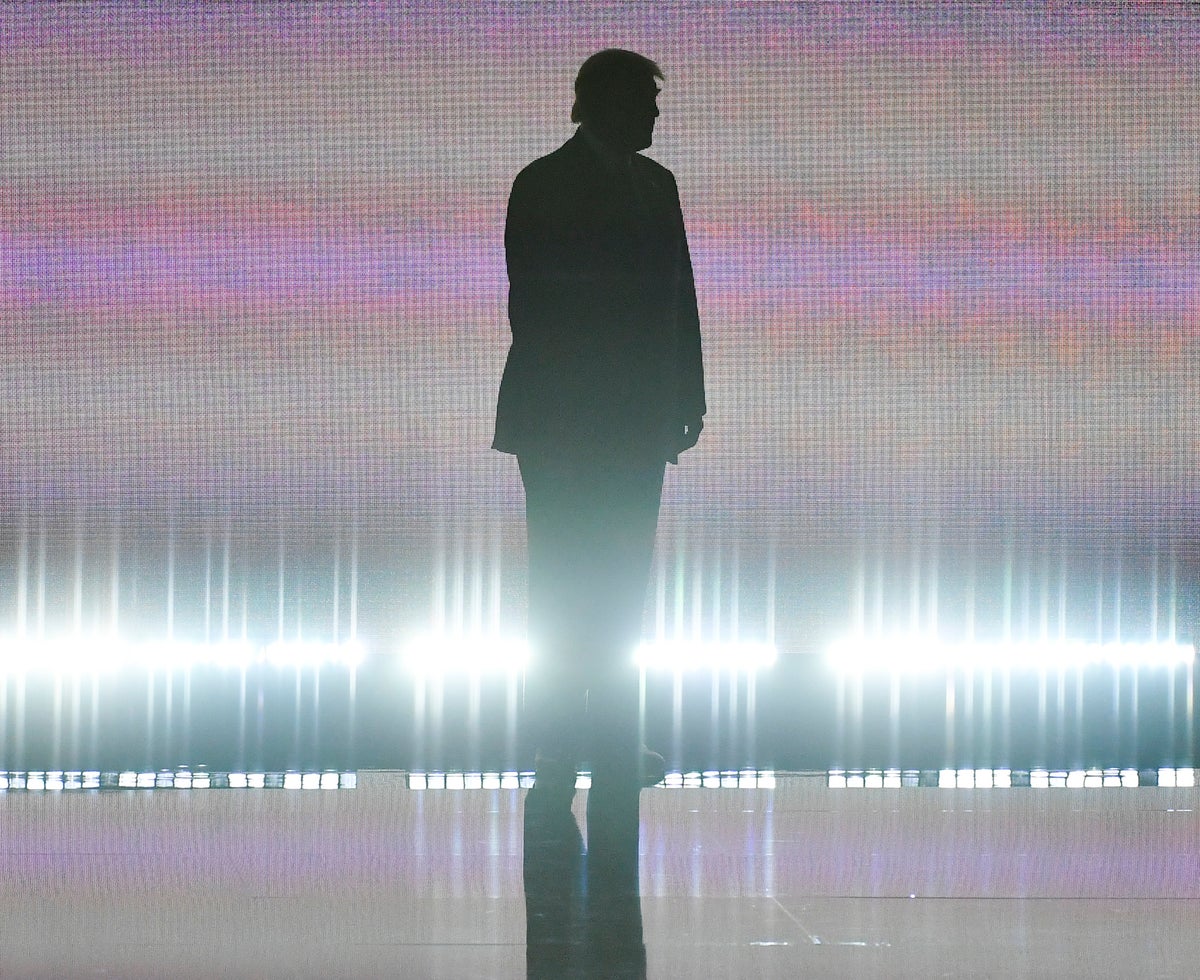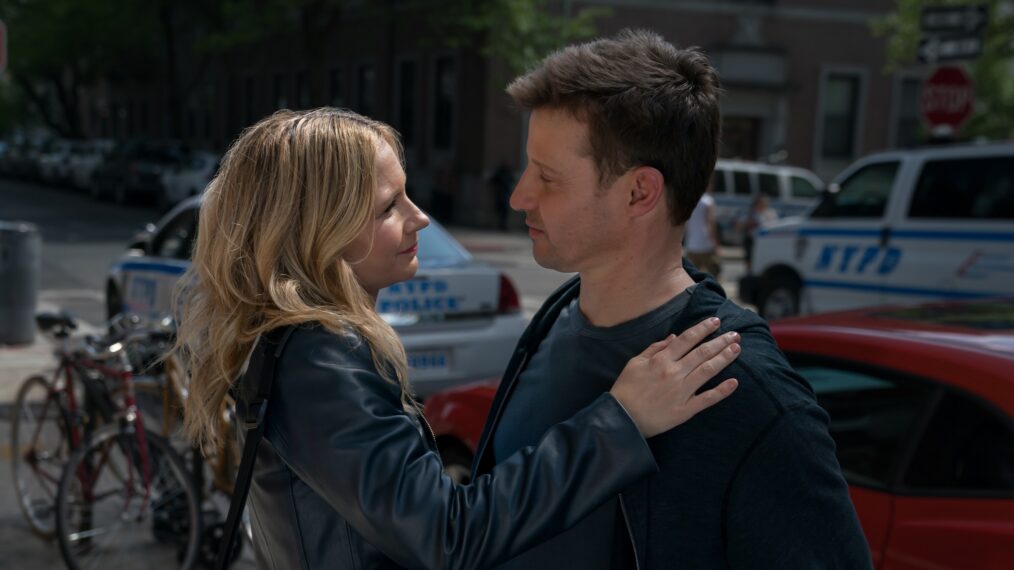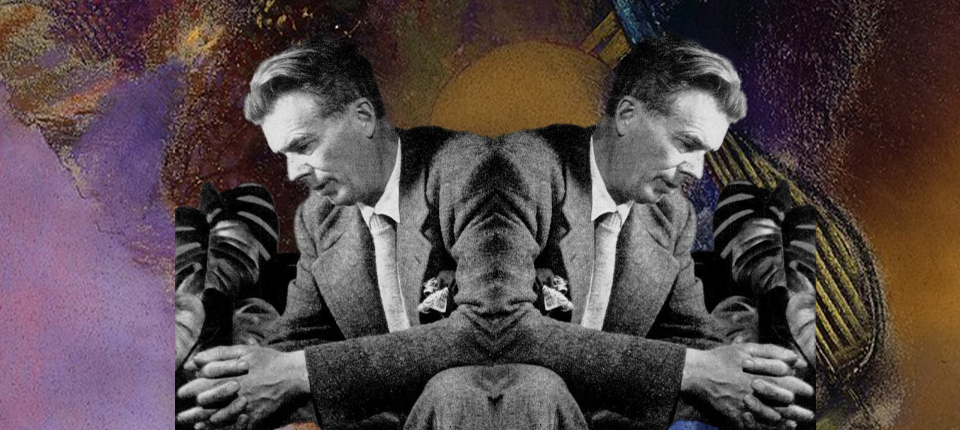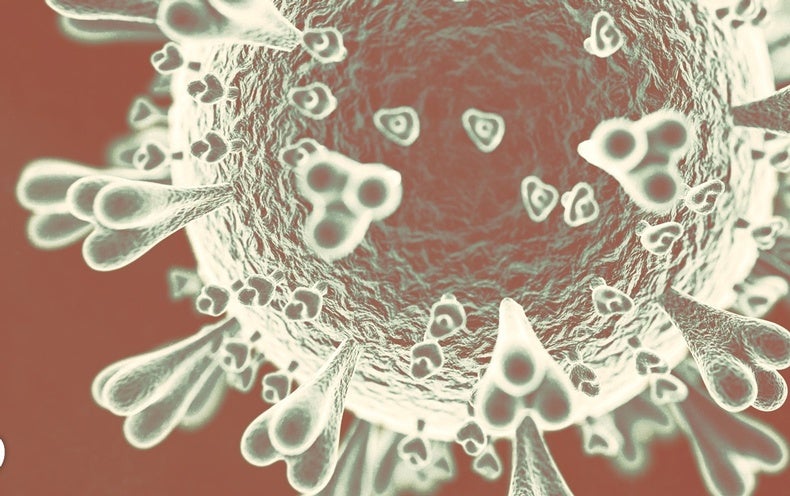
While our country struggles to embrace its history, President Trump has an opportunity to unify national consciousness through the elevation of America’s most celebrated figures. By reviving his proposal to establish a National Garden of Heroes, Trump can strengthen the American identity with a patriotic culture and honor the merit that made our country great.
Proposed in July 2020, the National Garden of American Heroes sought to feature statues of prominent Americans, like Dr. Martin Luther King Jr. and Betsy Ross, who contributed to the nation’s rich history of politics, sciences, arts, and civil rights. The Garden was intended to be a physical reminder of the people’s power and resolve, with Trump expanding the list of figures in January 2021 to include more Founding Fathers, abolitionists, and cultural icons. However, the Biden administration rescinded the plans that May, not recognizing the significance of America’s heritage and leaving the hopeful project in uncertainty.
RELATED: Pentagon Teaching Military Kids to Hate Thanksgiving
The suggested sculptures of Susan B. Anthony, Antonin Scalia, and others represent more than iconography; they symbolize the value of an informative, civic education and confront how we preserve history. This is especially necessary since Americans do not know their history as well as they might.
Current social activism has rewritten the legacies of many movements and role models—Trump warned of such a dilemma in August 2017 and was, eventually, correct. Spurred by the George Floyd protests, the toppling of monuments nationwide caused Trump to rally to history’s defense and protect the social fabric that weaves Americans together.
It is unwise to view figures like Thomas Jefferson through the biased lenses of today because they were shaped by vastly different social, cultural, and moral contexts. This approach can oversimplify complex individuals and their contributions and detract from a fuller, nuanced understanding of our past.
Further, it is difficult to assess politics fairly with today’s polarization at a decades-high, but the Garden is a worthy first step in reversing that trend. With an emphasis on shared American values, the Garden is a counter-narrative to the revisionist history that divides us. It is an inclusive compilation of warriors that balances the desire for diversity with a focus on traditionally celebrated heroes. The Garden would be an unfiltered space for us to learn from the freedom fighters and liberty lovers to bridge ideological differences with their lessons. As 90% of Americans hold these concepts to be “truly American,” it is just to highlight American exceptionalism and the achievements it entails.
The Garden has sparked criticism from historians over who is featured, with one absurdly comparing the idea to “Stalin’s Russia.” Totalitarians disrespect history, not engage in its remembrance. Trump’s concept commemorates all sides of the social and political aisle, and expanding the list from 31 to 244 figures commits to the breadth of perspectives, knowledge, and influence of those selected.
RELATED: MSNBC’s Ratings Race To The Toilet Following Mika And Joe’s Meeting With Trump
Yet, the dissenters raise an interesting point: what qualifies as an “American Hero?” With the Garden in mind, this question can shift the public discourse from cancel culture to thoughtful evaluation. A less emotional approach can cultivate a public mindset of empathy and understanding over absolutes.
The very act of discussing who may be a hero, with the possibility of advocating for controversial figures, can help construct open dialogue. The Garden provides a model for handling disagreements in modern discourse—emphasizing respectful conversation and how heroes, although products of their time, have timeless qualities. As 84% of Americans say political debate has become less respectful in recent years, this initiative can be a permanent reminder of self-worth, purpose and discovery in today’s society.
Most importantly, the Garden’s heroes are not fixed symbols but part of an evolving national story. Having historical figures like Red Cloud alongside modern figures like Nellie Gray allows the Garden to reflect, and visitors to observe, America’s changing ideals and enduring culture. Justice and innovation are adaptable, but connecting yesterday to today reinforces a sense of continuity within America’s development. These common values link us and can be rediscovered to tackle current obstacles.
Committing to America means acknowledging its triumphs and its trauma. With the National Garden of American Heroes, we are not impressing the dead but forging a blueprint for our country’s future. Let us learn from bad history and praise good history, but do not cancel the shared American heritage that so many of our leaders died to preserve.
Alex Rosado is a Professional Programs Assistant at the Alexander Hamilton Society. Follow him on Twitter/X at @Alexprosado.







